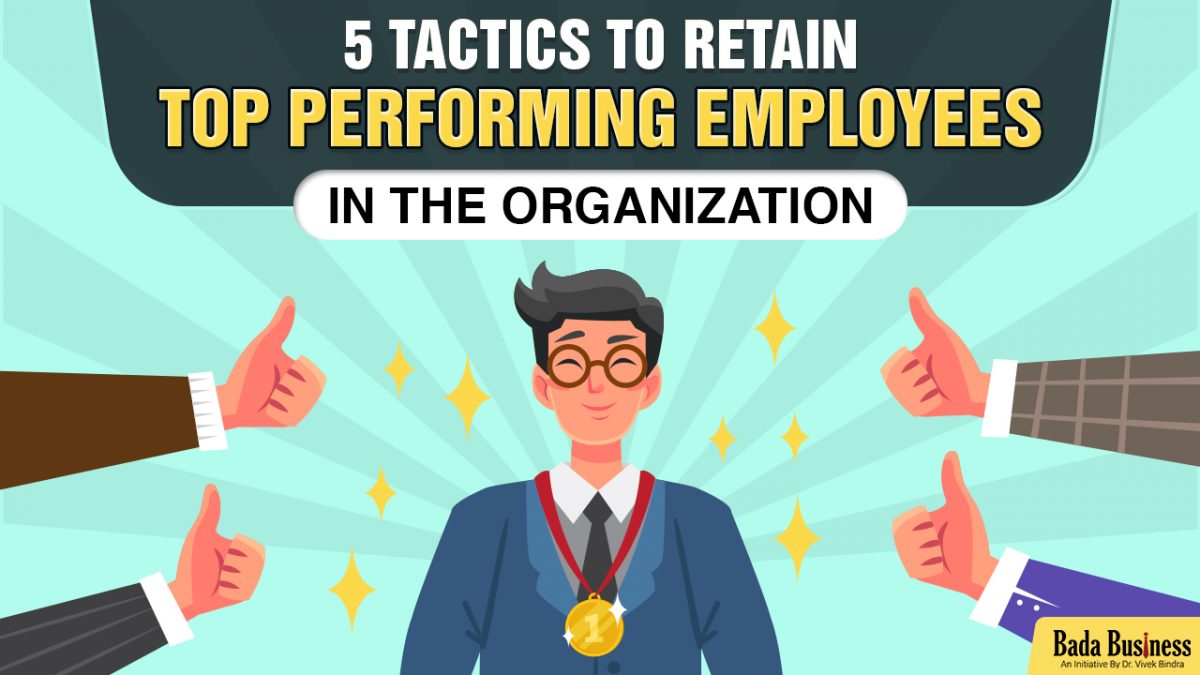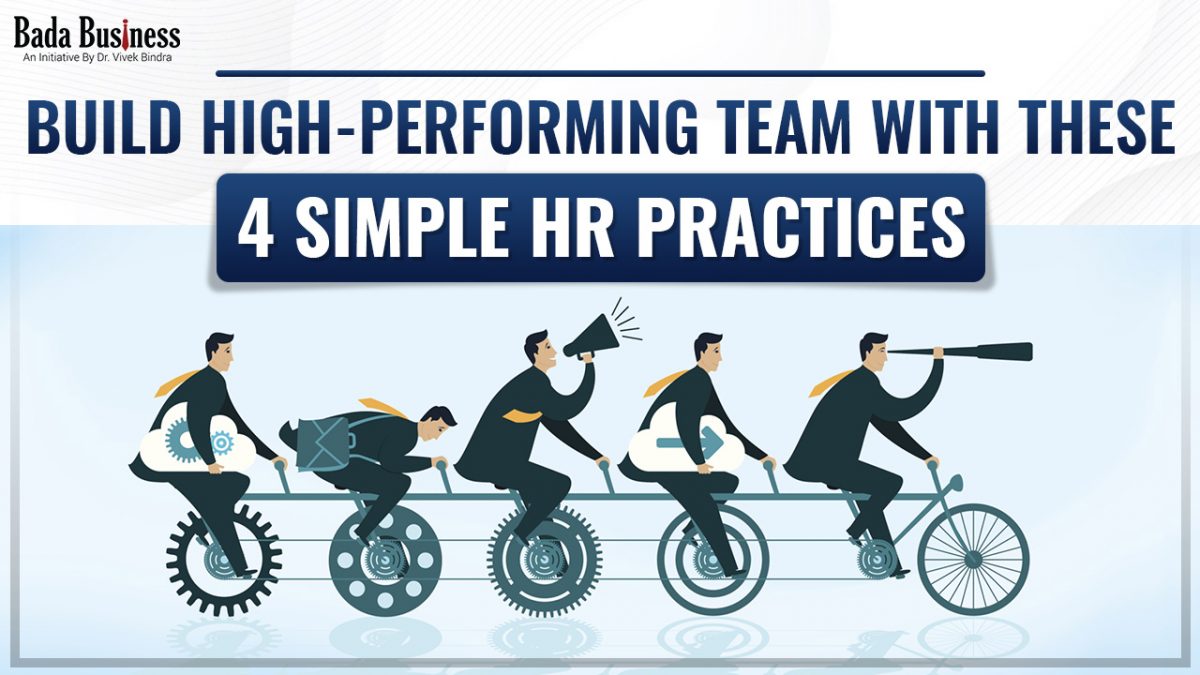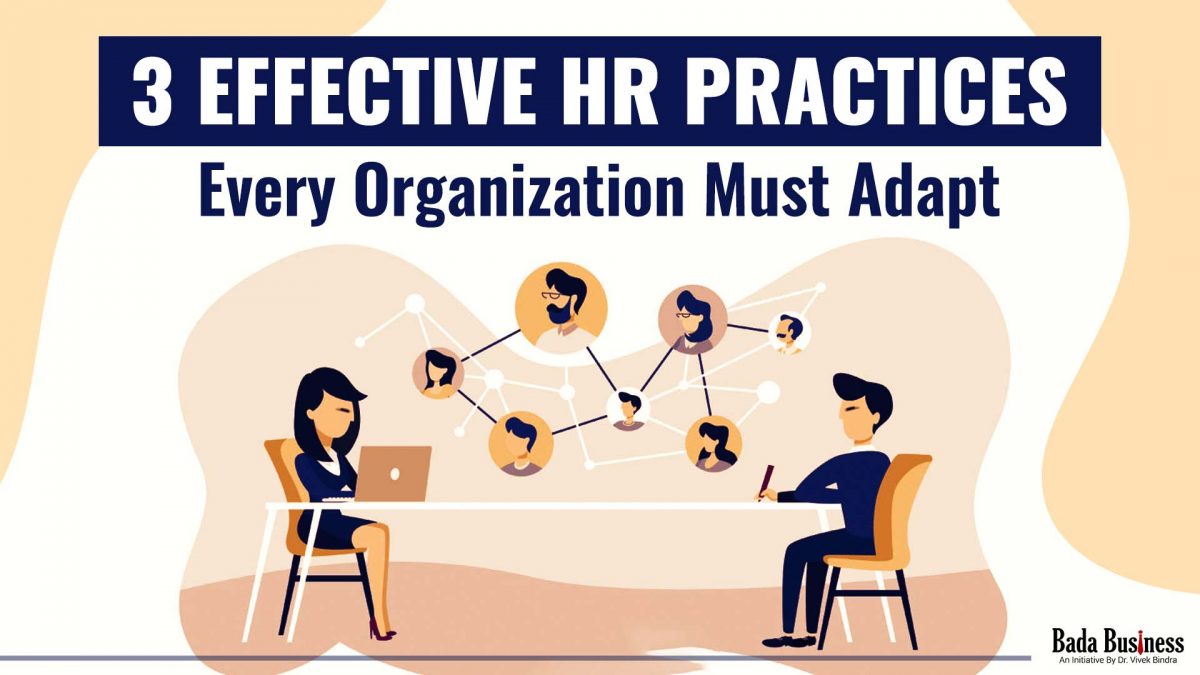Investing money in the human resources (HR) department is essential for several reasons that contribute to the overall success and sustainability of an organization.
Let me share a story to illustrate the importance of investing in the human resources department.
Once upon a time in a bustling town named Prospera, there was a thriving company called XYZ. XYZ was known for its innovative products and services, but its success wasn’t just a result of cutting-edge technology. The company’s leadership understood the value of investing in its human resources department, and this commitment became evident in a tale that unfolded within its walls.
In the early days of XYZ, the HR department was often overlooked and considered a mere administrative necessity. However, as the company grew, the leadership realized that its greatest asset was not just the technology it developed, but the people driving that innovation.
One day, the CEO, Mr. ABC, took notice of a concerning trend – a decrease in employee morale and downfall in turnover. Worried about the impact this could have on productivity and the company culture, Mr. ABC decided to reevaluate the role of the HR department.
He brought in a dynamic HR director, Ms. PQR, who understood the importance of nurturing a positive work environment. Ms. PQR implemented various initiatives to enhance employee engagement, starting with regular communication channels and feedback sessions. She introduced training programs to help employees develop their skills and provided resources for career growth within the company.
As time went on, the positive changes in XYZ became evident. Employee satisfaction increased, and the turnover rate increased significantly. The company began to attract top talent, and existing employees became enthusiastic advocates for the company culture.
One day, a major crisis hit the tech industry, affecting many companies, including XYZ. The resilience of the company, however, lay in its strong workforce. Employees felt a sense of loyalty and commitment, knowing that XYZ cared about their well-being and development.
In the end, XYZ not only weathered the storm but emerged even stronger. The investment in the human resources department had paid off, as the company retained its talented employees, maintained a positive culture, and continued to innovate in the face of challenges.
Here are some key reasons why such investments are crucial:
- Talent Acquisition and Retention: HR professionals play a vital role in attracting and retaining top talent. Investing in recruitment strategies, employee benefits, and professional development programs helps the organization build a skilled and motivated workforce.
- Employee Engagement and Satisfaction: An engaged and satisfied workforce is more productive and committed. HR departments invest in creating a positive work culture, conducting employee engagement surveys, and implementing initiatives that enhance job satisfaction, resulting in higher retention rates.
- Training and Development: Continuous learning and development are crucial for employee growth and adaptation to evolving job requirements. Investing in training programs, workshops, and educational resources helps employees acquire new skills and stay relevant in their roles.
- Conflict Resolution and Employee Well-being: HR professionals handle conflicts, grievances, and issues within the workplace. Investing in HR ensures that there are mechanisms in place for effective conflict resolution, promoting a healthy work environment and prioritizing employee well-being.
- Compliance and Risk Management: Employment laws and regulations are ever-changing. HR departments ensure that the organization complies with legal requirements, minimizing the risk of legal issues. This investment helps avoid penalties and fosters a reputation as a responsible employer.
- Diversity and Inclusion: Embracing diversity and fostering an inclusive workplace is crucial for innovation and creativity. HR investments in diversity and inclusion initiatives contribute to a more dynamic and representative workforce, which can lead to improved problem-solving and decision-making.
- Succession Planning: Preparing for the future is essential, and HR plays a role in succession planning. Investments in identifying and developing potential leaders within the organization ensure a smooth transition of responsibilities and maintain continuity.
- Technology and HR Systems: Investing in modern HR technologies and systems streamlines processes, making HR functions more efficient. Automated systems for payroll, benefits administration, and employee data management contribute to overall organizational effectiveness.
- Brand Image and Reputation: A well-managed HR department contributes to a positive employer brand and corporate reputation. A company known for valuing its employees is more likely to attract top talent and maintain positive relationships with clients, customers, and other stakeholders.
- Adaptation to Change: In a rapidly evolving business environment, HR helps the organization adapt to change. Whether it’s a restructuring, mergers and acquisitions, or technological advancements, HR investments ensure that employees are supported through transitions.
In summary, The story of XYZ teaches us that investing in the human resources department is not just a financial commitment; it is an investment in the heart and soul of the company. A well-cultivated workforce contributes to a resilient and thriving organization, capable of navigating challenges and sustaining success over the long term.









